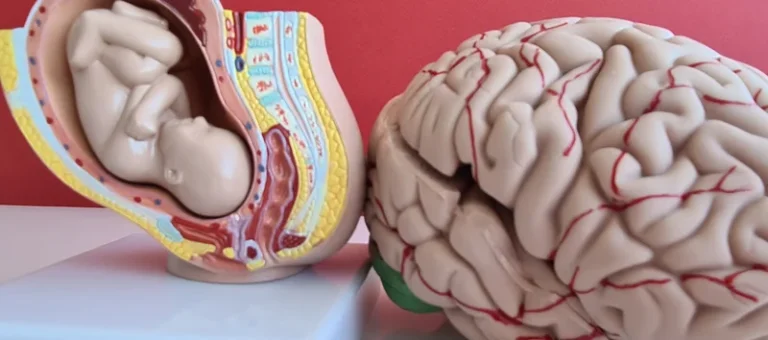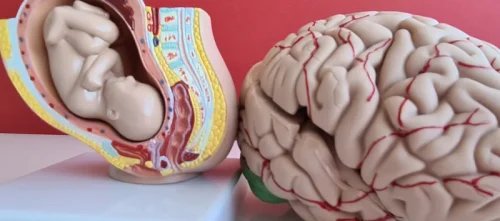
Enjoying a drink now and then is unlikely to cause harm, but understanding the potential risks empowers you to make decisions that support your long-term health. Cutting back on alcohol is one of the most effective ways to reduce your risk of hypertension. Even small changes, https://ecosoberhouse.com/ like switching to lower-alcohol beverages or having alcohol-free days, can make a significant difference. When you drink alcohol, it’s quickly absorbed into your bloodstream through the stomach and small intestine. From there, it travels to your liver for processing, but some circulates throughout your body, affecting your heart, arteries, and blood pressure.
Unit of analysis issues
We included adult (≥ 18) participants of both sexes without any restriction on their health condition. CUnclear risk of selection bias and attrition bias in more than one study. AUnclear risk of selection bias and attrition bias in more than one study. Alcohol is also high in calories and can lead to weight gain, which is another risk factor for high blood pressure.
- Fourteen units is equivalent to 6 pints of average strength beer or 6 medium (175ml) glasses of average strength wine.
- This can cause you to develop an irregular heartbeat, called atrial fibrillation, which can increase your risk of stroke, heart attack and heart failure.
- The result is presented in Table 6; there was no significant difference between results given by the two models.
- We excluded 450 trials after reviewing the full‐text articles, and we recorded the reasons for exclusion (see table Characteristics of excluded studies table).
- Randin et al53 have reported that dexamethasone (2 mg per day) in human suppresses the acute alcohol-induced hypertension.
Description of studies

AARP is a nonprofit, nonpartisan organization that empowers people to choose how they live as they age. Sign up for free and stay up to date on research advancements, health tips, current health topics, and expertise on managing health.

Symptoms and treatments

Alcohol’s effects on blood pressure can range from temporary dips to chronic elevations that increase the risk of serious health problems. While a small glass of red wine might be part of a cultural tradition or family dinner, it’s essential to consume alcohol mindfully, balancing any potential benefits with the very real risks. Staying aware of your blood pressure readings, adopting a healthy lifestyle, and seeking professional guidance if you suspect an alcohol-related disorder can help safeguard your cardiovascular health. If you or a loved one are struggling with alcohol misuse and its impacts on blood pressure or overall well-being, The Recovery Village Palmer Lake is here to offer support, treatment, and hope for a healthier future.


While past research has suggested a potential benefit of regularly consuming a small amount of alcohol each day, newer research has called those findings into question and noted that more studies are still needed. Your blood how does alcohol affect blood pressure pressure is elevated if it is 120 to 129 systolic and 80 to 89 diastolic. When blood pressure decreases, these receptors help minimize how much the blood vessels stretch to increase blood pressure. Similarly, when blood pressure increases, these receptors increase the stretching of the blood vessel walls in order to decrease blood pressure. Hypertension, or high blood pressure, is a very common condition worldwide.
Some of the potential cellular changes related to ethanol consumption reviewed above are illustrated in figure 5. More than one cellular event may be happening at the same time, and, as with other chronic health conditions, the relevant mechanisms may be synergistic and interrelated. Figure 3 summarizes the potential mechanisms underlying the cardioprotective and adverse effects of alcohol consumption.
- The researchers found that the alcohol-drinking subjects (particularly those who were insulin sensitive) had higher insulin levels and a slower rise in glucose levels after a low-carb meal.
- This is known to provide a good approximation of the SD of change in BP so is unlikely to lead to bias.
- Many drinks and mixers also have a lot of added sugar, which increases the number of calories they contain.
- James M Wright formulated the idea and developed the basis of the protocol.
Use of this website and any information contained herein is governed by the Healthgrades Twelve-step program User Agreement. The American Heart Association is a relentless force for a world of longer, healthier lives. Through collaboration with numerous organizations, and powered by millions of volunteers, we fund innovative research, advocate for the public’s health and share lifesaving resources. The Dallas-based organization has been a leading source of health information for nearly a century. As planned, we conducted sensitivity analyses to see if there was any significant difference between effect estimates of outcomes given by the fixed‐effect model and the random‐effects model, when substantial heterogeneity was present.
